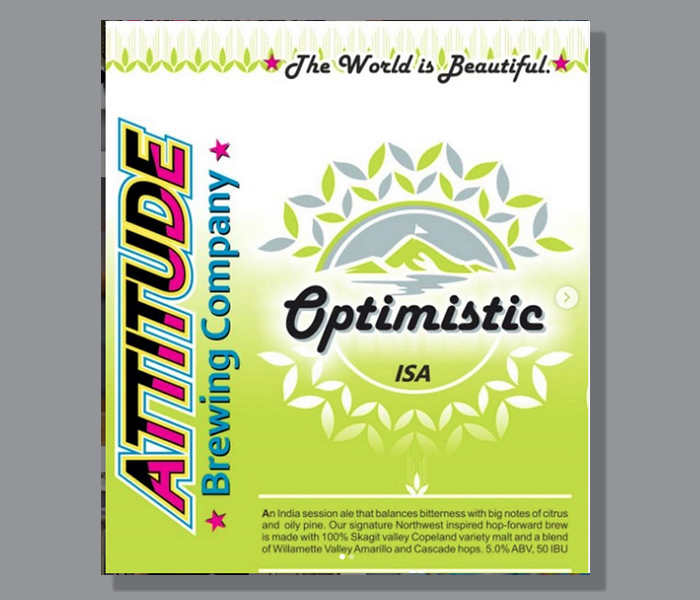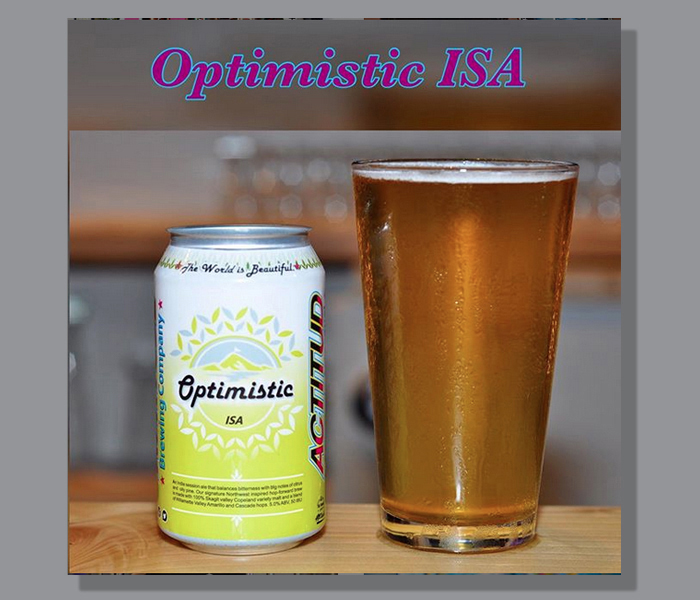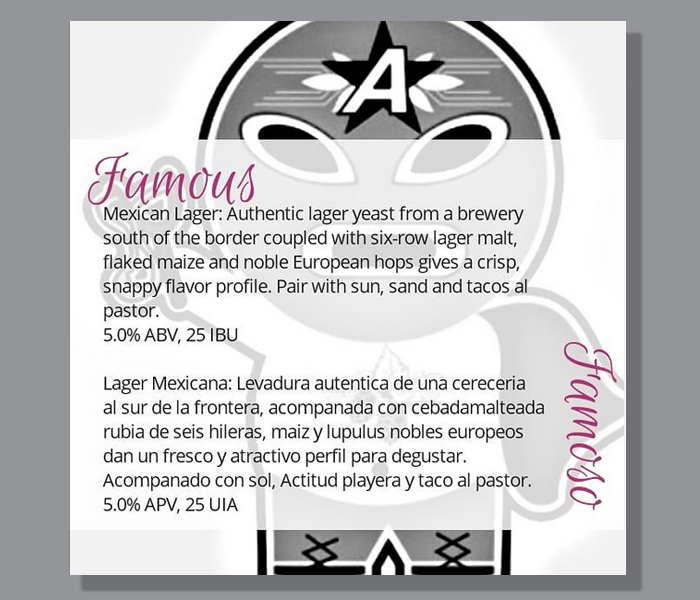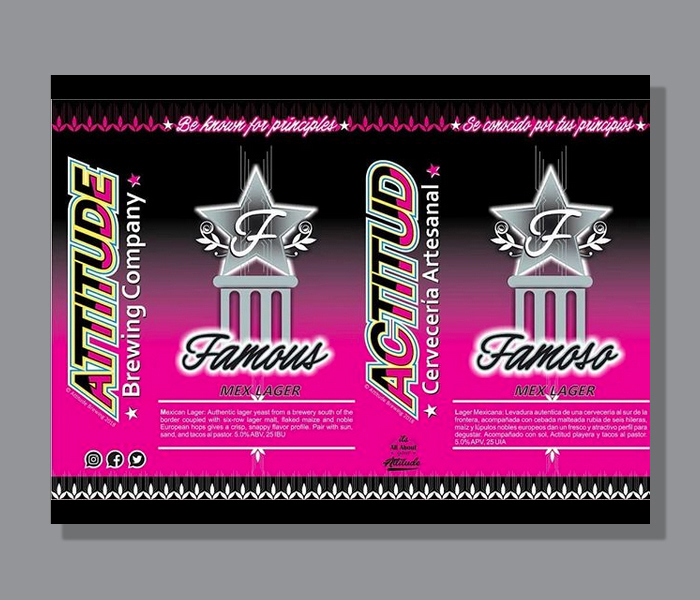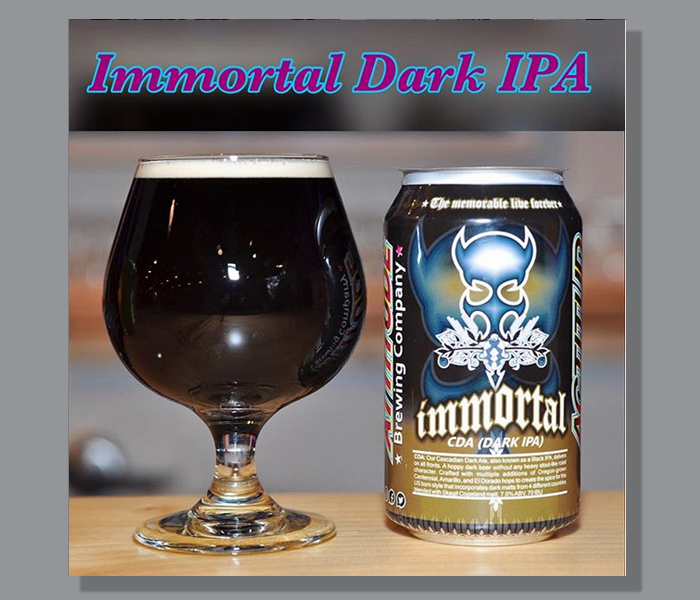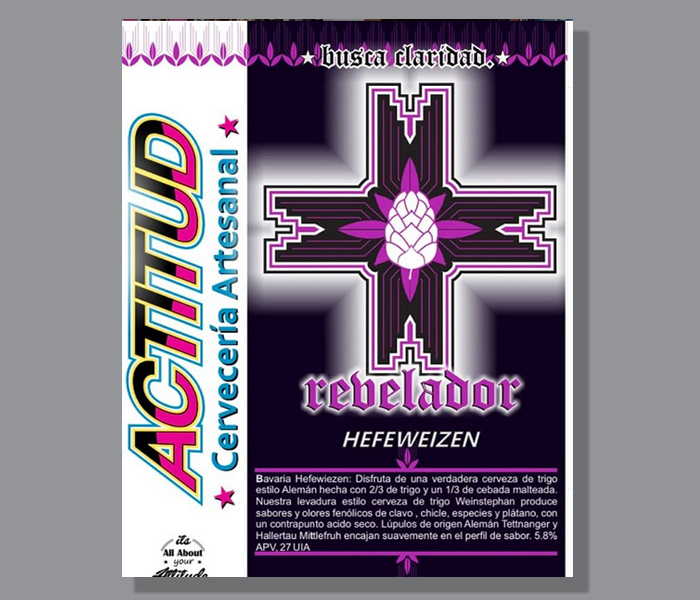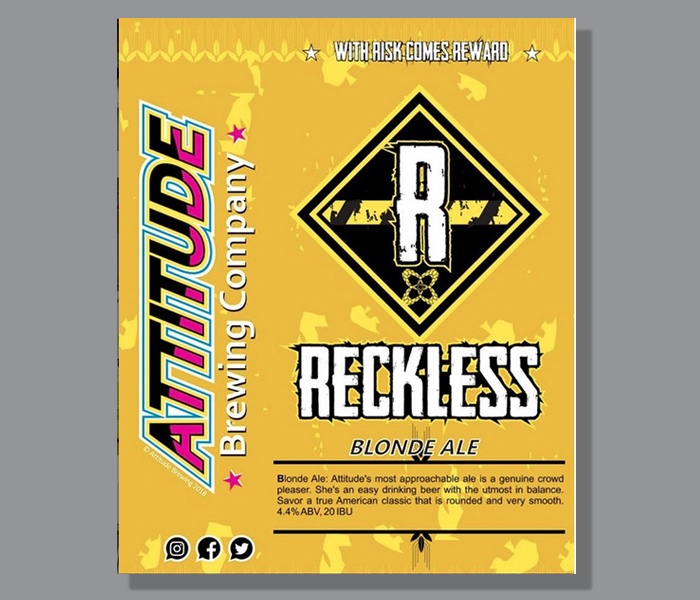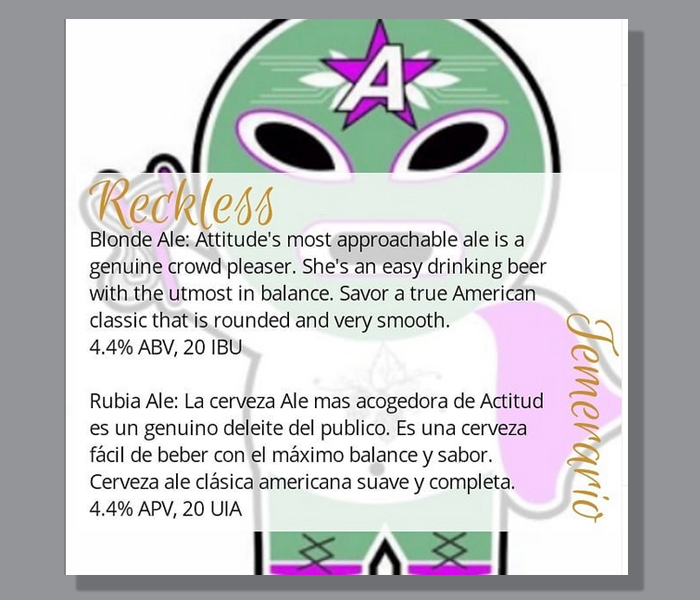copywriting /ˈkäpēˌrīdiNG/
(noun)
: the activity or occupation of writing the text of advertisements or publicity material.
- Copy is the text that tries to increase sales by creating awareness, generating interest, and generally informing, persuading, and reminding the target market to take a particular action.
Developing Content
If you’re in the market to hire a writer, then it’s critically important to understand the difference between writing copy and creating content.
To be fair, the term “copy” is used to refer to everything from news articles to movie scripts. In the digital age, it now also refers to blog posts and social media content.
However, knowing which writer to hire is knowing what exactly you need. Copy in the marketing sense is text that sells. Content is entertaining and does things like make a website “sticky” so that it’s worth hanging advertising on.
This is not to say that a blog post can’t sell, but if your social media content is just one sales message after another then you’re not going to engage your audience and the sales message is lost.
So, when you think “copy” think headlines, tag lines, value propositions, and boiler plate. When you think of content, think entertainment – like blog posts and twitter posts.
Search Engine Optimization (SEO)
“Optimization” is one of those buzzwords that seemingly everyone throws around, yet a surprising number of people don’t actually understand.
Sure, it’s easy to infer that it means that a “search optimized” website will be easier for search engines (Google is not actually the only one) to find. But do you know the difference between page level optimization and Local SEO?
Since we’re talking about copy writing, we’re really talking about your website content including Web Optimized Copy, which is page level SEO. The difference between “web optimized” copy and standard content on your web page is really the difference in ranking your website vs all the others. If you want your website listed on page one Google results for key word searches related to your business, then your copy best be optimized.
“If you want your website listed on page one Google results… then your copy best be optimized.”
To do so initially boils down to incorporating your key words into the text displayed on the pages of your website. In the old days, when I worked at a dot-com in Berkeley and SEO was all about meta-data, websites didn’t have to worry to much about incorporating key words from the meta data into the front end copy. However, that was a long time ago.
As marketing people will occasionally complain about , Google has continuously refined their algorithms to better qualify the results they display. Web crawlers, or “spiders” – which are programs that analyze website content – look at the meta tags and the front facing text on the page to determine whether or not the tags are relevant to the content.
The basic idea is that Google wants to be sure that the results they serve up to users are really what the user is looking for in the search query. Therefore, key words likely to actually reflect how customers might search for your subject on the internet need to be present in moth the meta tags and front facing copy. If they’re not then you’re not optimized.
But, please keep in mind that you want to emphasize the most likely key words and not every key work you can think of. You do not want to end up with rambling strings of key words – you do want to end up with engaging content that incorporates your most valuable key words.
Remember if only robots will read it, then nobody will read it and you still won’t rank.

